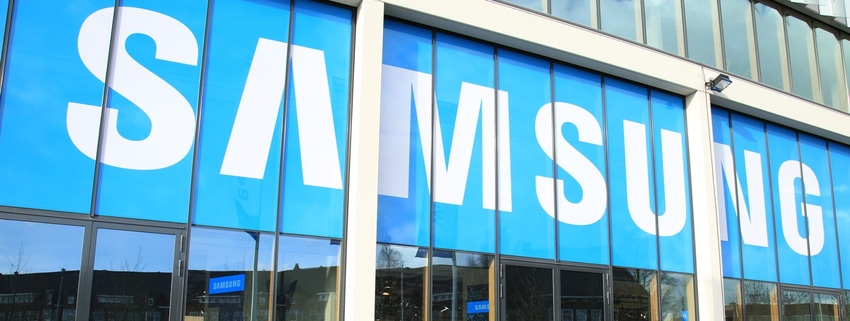Samsung has announced its strongest profits for two years, reported profit of $7.22 billion, up 18% year-on-year, largely due to a strong performance from the Galaxy S7 and S7 Edge across the period.
July 28, 2016

Samsung has announced its strongest profits for two years, reported profit of $7.22 billion, up 18% year-on-year, largely due to a strong performance from the Galaxy S7 and S7 Edge across the period.
Total revenues accounted for $45.2 billion for the quarter, up 5% year-on-year, with the IT and mobile division taking more than 50%. The larger and more expensive Edge model accounted for more than half of the series sales, as the brand continues to gain ground at the top of the market share leader table. According to Gartner, Samsung accounts for 23.2% of the global market share, ahead of Apple, which has seen its market position falter in recent months, now taking 14.8% share of the market.
“In the second quarter, our mobile communication business achieved robust performance compared to last quarter, mainly driven by strong sales of the Galaxy S7 and S7 edge,” said KyeongTae Lee, VP, Mobile Communications business. “In particular, greater sales proportion of S7 edge exceeding 50%, the overall product mix was improved and the profitability of our mid to low-end models, such as the Galaxy A and J series, remained strong in the second quarter as a result of streamlined product portfolio.”
The announcement will come as very positive news to investors, as a challenging global smartphone market has taken its toll on several brands. The team expect the competitive market to continue, though the launch of a new flagship product is expected to cut through competition. The team did warn profitability may be down slightly as seasonal marketing expenditure will begin to ramp up through the remainder of the year.
Last month also saw the business acquire Joyent, a container-based cloud platform, which builds the teams capabilities in the software and services arena. As competition increases in a sluggish smartphone market, devices brands such as Samsung have been turning towards software and services to provide an edge. As most devices now have similar features and capabilities, and Android dominates market share for operating systems, software and services is the one remaining area companies can fight out for differentiation.
“The IM division last month acquired Joyent, which is a company that has knowhow in operating cloud server systems and storage,” the company said. “It has also technologies in efficiently operating cloud servers and storage. And by integrating their knowhow and technology, we believe that we will be able to strengthen our cloud service capabilities, especially by leveraging their technology with our wide range of devices as well as our cloud platform, we will be able to provide consistent user experience throughout this cloud platform.
“Also we will be able to use this to develop Samsung Pay or Samsung Health or KNOX and other services into a more cloud-based service offering, and we also expect that, through this acquisition, we will be able to use this to increase our competitiveness in terms of future content service and software.”
Samsung Pay is one of the product lines which have been prominent for the brand recently. Earlier this month the service was launched in Brazil and Puerto Rico, as well as in China during March. Mobile payments is one area where differentiation could be achieved, though the team will seemingly have to play catch-up, as Apple CEO Tim Cook announced his team now accounts for 75% of mobile payments in the US.
Joyent is an acquisition which could add an advantage to the business, as its container based platform is generally accepted to be more agile than a traditional VM-based platform. A recent poll run on Business Cloud News found 90% of readers found container run cloud platforms more attractive than those on VMs.
About the Author(s)
You May Also Like








.png?width=300&auto=webp&quality=80&disable=upscale)


_1.jpg?width=300&auto=webp&quality=80&disable=upscale)


.png?width=800&auto=webp&quality=80&disable=upscale)